The conservative case for strengthening Amtrak
It wouldn't be very conservative to upend the lives of tens of millions of people
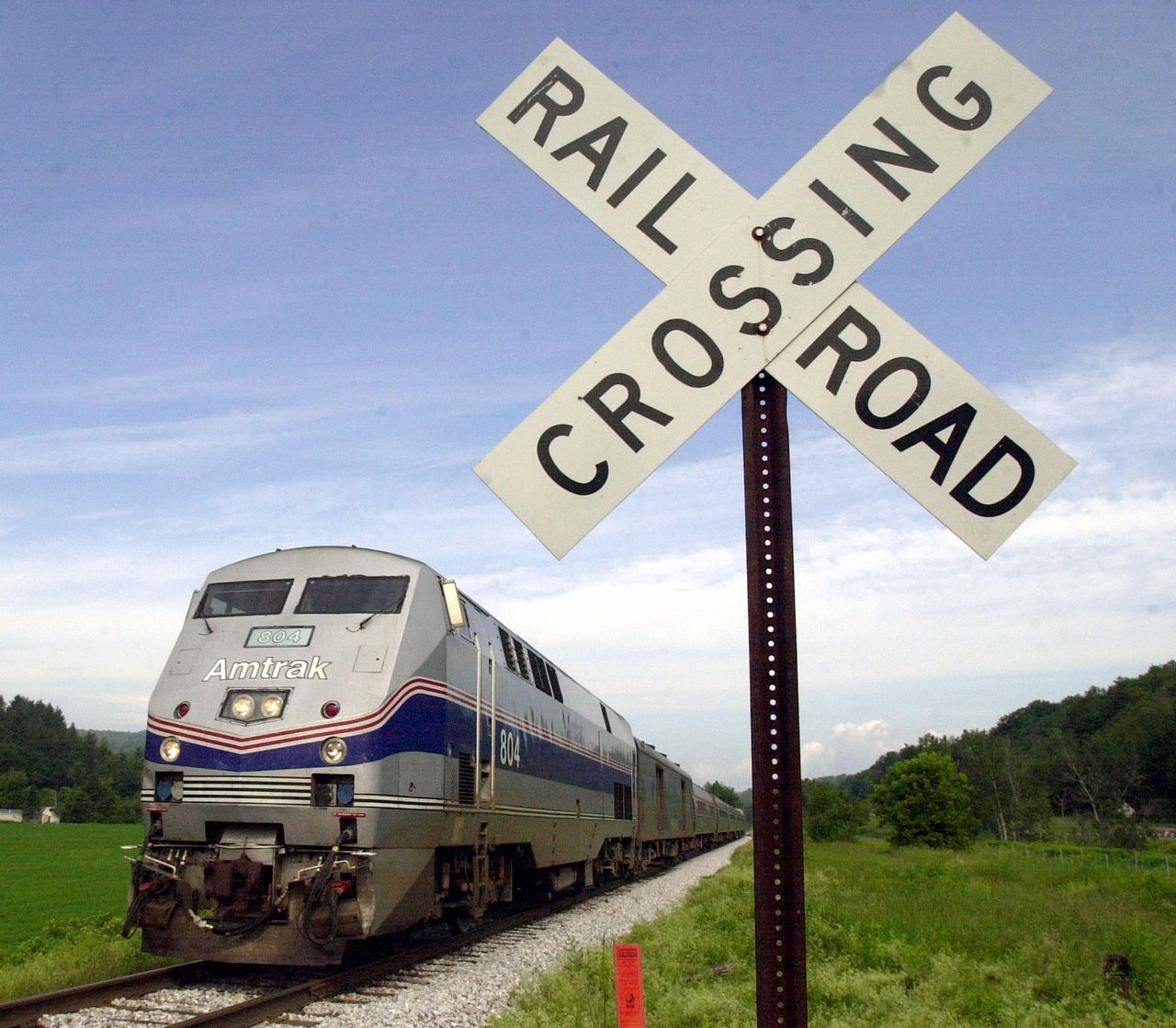

The Amtrak crash in Pennsylvania killed eight people and injured dozens more. It has sparked much hand-wringing in the media, though its death toll is surpassed every few hours on American highways.
Still, Republicans have not hesitated in their plan to sharply cut Amtrak subsidies, recently voting on legislation to do just that. One GOP congressman called Amtrak a "Soviet-style operation," which presumably means he would prefer abolishing Amtrak altogether.
But Republicans, as the ostensible party of conservatism, have an obligation to consider the extant fact of Amtrak, which is a critical institution for millions of Americans. By supposed conservative principles, it is not appropriate to sacrifice the current needs of existing people in pursuit of an ideological utopia.
Subscribe to The Week
Escape your echo chamber. Get the facts behind the news, plus analysis from multiple perspectives.

Sign up for The Week's Free Newsletters
From our morning news briefing to a weekly Good News Newsletter, get the best of The Week delivered directly to your inbox.
From our morning news briefing to a weekly Good News Newsletter, get the best of The Week delivered directly to your inbox.
Michael Oakeshott famously described the conservative temperament as follows:
To be conservative, then, is to prefer the familiar to the unknown, to prefer the tried to the untried, fact to mystery, the actual to the possible, the limited to the unbounded, the near to the distant, the sufficient to the superabundant, the convenient to the perfect, present laughter to utopian bliss. [On Being Conservative]
It may be the case that slashing Amtrak's subsidies or selling it to private companies would result in an overall improvement in service at some future point. (If you care to poke around, successful national rail is operated on all sorts of ownership grounds, from mostly private in Japan to state-owned in Sweden.)
But it is inarguably true that right now millions of Americans depend on Amtrak as it currently exists. It's a tried, factual, actually existing institution that works well enough for the more than 30 million people who choose to take it every year. Indeed, ridership is actually up 50 percent since 2000. Most of that business is done in the Northeast Corridor, where the population is concentrated enough for true high-speed rail to be a reasonable proposition (someday).
However, it's also an institution in need of help. As I've written before, Amtrak faces a slow-motion emergency regarding its two tunnels under the Hudson River connecting New York City to New Jersey. They're over a century old, and due to flooding during Hurricane Sandy, will need a total overhaul at some point in the next several years.
Back in 2009, there was a capacity expansion planned that would have alleviated the pressure. That's out of the question now, thanks to New Jersey Gov. Chris Christie, who bogarted some of the money so he wouldn't have to raise the gas tax.
A new tunnel under the Hudson is by far the most important potential piece of infrastructure in the nation. Four hundred thousand commuters go through the existing tunnels every weekday. If one were to shut down (or, God forbid, collapse), the total throughput would be cut by something like 75 percent, because the remaining tunnel would have to go both ways. A great many of those people simply would not be able to get to their jobs during rush hour.
Any looming disaster like this presents a choice. A crisis might be the opportune time for reform. But it is simply preposterous to imagine that a new tunnel could be built without substantial federal support. With a likely cost of $7-10 billion, it's probably too expensive for private corporations to even finance in the first place. (Though it was a private train company that built the original tunnels, there are none remotely that big anymore.)
So my question for all the supposed conservatives out there champing at the bit to abolish Amtrak: What say you to the 400,000 daily New Jersey commuters, or the 30 million Amtrak customers generally? On Oakeshottian grounds, I'd say that conservatives are obligated to make some accommodation of those people, regardless of their ideology about markets.
It doesn't seem very conservative, much less responsible, to simply procrastinate and only fix things after the worst has happened — which is what's going to happen.
Sign up for Today's Best Articles in your inbox
A free daily email with the biggest news stories of the day – and the best features from TheWeek.com
Ryan Cooper is a national correspondent at TheWeek.com. His work has appeared in the Washington Monthly, The New Republic, and the Washington Post.
-
 Today's political cartoons - March 30, 2025
Today's political cartoons - March 30, 2025Cartoons Sunday's cartoons - strawberry fields forever, secret files, and more
By The Week US Published
-
 5 hilariously sparse cartoons about further DOGE cuts
5 hilariously sparse cartoons about further DOGE cutsCartoons Artists take on free audits, report cards, and more
By The Week US Published
-
 Following the Tea Horse Road in China
Following the Tea Horse Road in ChinaThe Week Recommends This network of roads and trails served as vital trading routes
By The Week UK Published
-
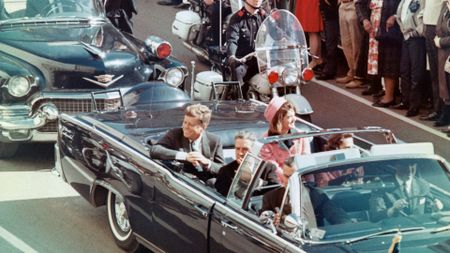 The JFK files: the truth at last?
The JFK files: the truth at last?In The Spotlight More than 64,000 previously classified documents relating the 1963 assassination of John F. Kennedy have been released by the Trump administration
By The Week Staff Published
-
 'Seriously, not literally': how should the world take Donald Trump?
'Seriously, not literally': how should the world take Donald Trump?Today's big question White House rhetoric and reality look likely to become increasingly blurred
By Sorcha Bradley, The Week UK Published
-
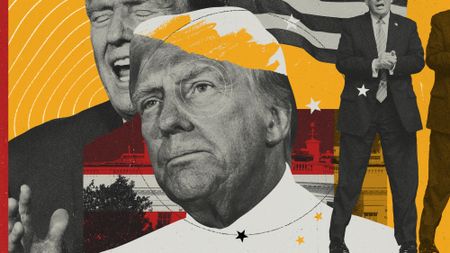 Will Trump's 'madman' strategy pay off?
Will Trump's 'madman' strategy pay off?Today's Big Question Incoming US president likes to seem unpredictable but, this time round, world leaders could be wise to his playbook
By Sorcha Bradley, The Week UK Published
-
 Democrats vs. Republicans: who are the billionaires backing?
Democrats vs. Republicans: who are the billionaires backing?The Explainer Younger tech titans join 'boys' club throwing money and support' behind President Trump, while older plutocrats quietly rebuke new administration
By Harriet Marsden, The Week UK Published
-
 US election: where things stand with one week to go
US election: where things stand with one week to goThe Explainer Harris' lead in the polls has been narrowing in Trump's favour, but her campaign remains 'cautiously optimistic'
By Harriet Marsden, The Week UK Published
-
 Is Trump okay?
Is Trump okay?Today's Big Question Former president's mental fitness and alleged cognitive decline firmly back in the spotlight after 'bizarre' town hall event
By Harriet Marsden, The Week UK Published
-
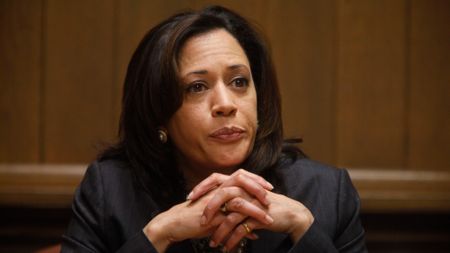 The life and times of Kamala Harris
The life and times of Kamala HarrisThe Explainer The vice-president is narrowly leading the race to become the next US president. How did she get to where she is now?
By The Week UK Published
-
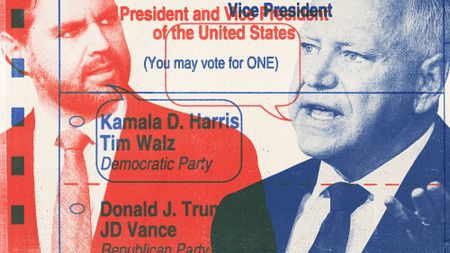 Will 'weirdly civil' VP debate move dial in US election?
Will 'weirdly civil' VP debate move dial in US election?Today's Big Question 'Diametrically opposed' candidates showed 'a lot of commonality' on some issues, but offered competing visions for America's future and democracy
By Harriet Marsden, The Week UK Published
